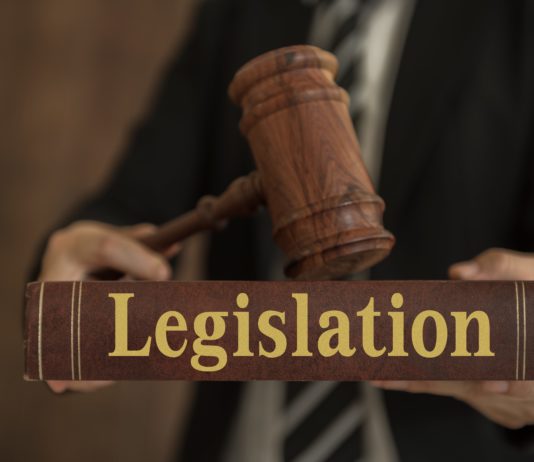TSS: ANZSCO not always necessary?
Federal Court: This decision is extremely important to subclass 482 (TSS) visa applicants. Although it concerned a subclass 457 visa application, it involved the interpretation of a critical provision that is identical to cl 482.212(3). According to this decision, ANZSCO was not the only guide that could be used to determine the "skills, qualifications and employment background" that were necessary for the applicant to perform the tasks of the nominated occupation. We explain how practitioners can use this decision to their clients' advantage.
Where to find the deadline for merits review
It is commonly said that s 347 of the Migration Act 1958 (Cth) prescribes the deadline for application for merits review of decisions that are reviewable under s 338. Actually, the deadline is found somewhere else.
Do passenger cards matter?
What happens if a passenger card contains incorrect answers or even if some questions are not answered? Are there any visa implications? If there is any implication, does it make any difference if the passenger card was filled out by someone else?
Changes to the points test
A summary of the changes to the points test that will come into effect on 16 November 2019 for subclasses 189, 190 and 491.
From 500 to 1,500 places
The Work and Holiday arrangement with a particular country has just increased from 500 to 1,500 annual places
Subclass 870: income test
Subclass 870 (parent) visa sponsorship applicants must show an "overall" taxable income that is above a certain amount. The overall income can be a combination of the sponsorship applicant's individual income with the income of up to 2 other persons specified in legislation. But the sponsor's individual income must also be above a certain threshold. We discuss an example where the income test is not satisfied and an example where it is.
PIC 4020: withdrawing secondary application only
If the Department sends a s 57 (natural justice) letter alleging that the primary and secondary applicants have provide false or misleading information about their relationship, the obvious options are to dispute the allegation and run the risk of a visa refusal under PIC 4020(1) and a 3-year ban under PIC 4020(2) or to withdraw both the primary and secondary applications. A less obvious, yet quite interesting, option is to withdraw only the secondary applicant's application, as we explain.
Subclass 870: sponsors “inherit” public health debt
Sponsors "inherit" any outstanding public health debt incurred by visa applicants and the government can recover the debt from sponsors in court, which could add up to several thousands of dollars of out of pocket health expenses, not to mention legal costs. Practitioners might need to advise both visa applicants and sponsors about that liability. Otherwise, sponsors could seek compensation from, and/or complain against, practitioners on the basis that, had they been informed of the liability, they would not have applied for sponsorship.
Subclass 870 (parent): “relevant departure day”
As discussed in a previous article, if a subclass 870 visa holder who is overseas applies for a further 870 visa, they must be overseas for a number of days by reference to the "relevant departure day". But how to calculate the "relevant departure day"?
Subclass 870 (parent): 90 days overseas before new application?
It is commonly said that a subclass 870 visa holder who is overseas must stay overseas for 90 days before they can make a further 870 visa application. With respect, that is wrong.





















